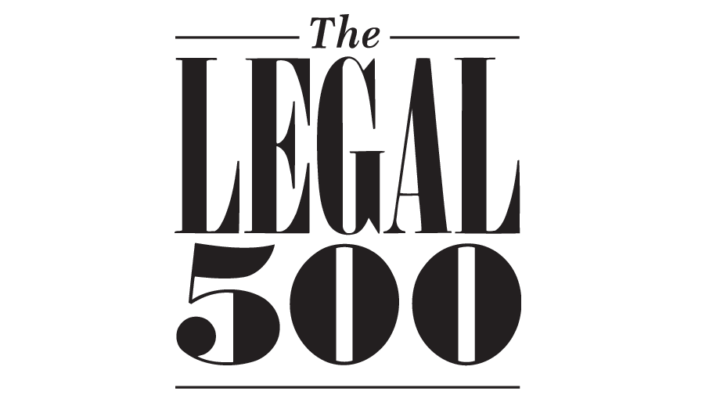Recently the BBC reported that despite the ‘legalisation of medicinal cannabis’ in November 2018, ‘virtually no-one’ in the UK had been able to access it since changes in the law over three months ago.
The story coincided with the news that enough cannabis to treat 30 patients for a month has arrived in the UK from the Netherlands. From this consignment, it is reported that just three patients with prescriptions, all for the treatment of chronic pain, will receive cannabis-based medicines as a result.
There was great fanfare last year when it was announced by the Home Secretary, Sajid Javid, that ‘medicinal cannabis is legal.’ ‘Patients can be prescribed medicinal cannabis by specialist doctors from 1 November 2018’, proclaimed the Government’s website, as if to neutralise with one fell swoop the mounting pressure on it to respond to a small number of high-profile cases that had caught the public’s attention. In addition to much work by campaigners and lobbyists, these cases signalled a sea change in public opinion and a swing towards the recognition of cannabis’ therapeutic potential; and yet while many have commented on the pace of change, in practice, progress towards a fully-fledged medicinal cannabis market and regulatory framework within the UK has been slow.
Is cannabis now legal in the UK for medicinal purposes?
The Misuse of Drugs (Amendments) (Cannabis and Licence Fees) (England, Wales and Scotland) Regulations 2018 (‘2018 Regulations’) came into force on 1 November 2018. Contrary to popular belief, the 2018 Regulations did not simply legalise cannabis for medicinal use. In fact, any reference to ‘medicinal cannabis’ within the UK’s current regime is a misnomer. The 2018 Regulations included in Schedule 2 of the Misuse of Drugs Regulations 2001 (‘the MDR 2001’), ‘cannabis-based product for medicinal use in humans’ (‘CBPM’). A CBPM is defined as a ‘preparation or other product, other than one to which paragraph 5 of part 1 of Schedule 4 applies, which –
- is or contains cannabis, cannabis resin, cannabinol or a cannabinol derivative (not being dronabinol or its stereoisomers);
- is a product for medicinal use in humans; and-
- is a medicinal product, or a substance or preparation for use as an ingredient of, or in the production of an ingredient of, a medicinal product.’
As Schedule 2 controlled drugs, CBPMs can be prescribed by specialist doctors listed on the General Medical Council’s Specialist Register where there is an unmet clinical need and without requiring a Home Office licence to lawfully write a prescription.
Cannabis and cannabis-based products that do not fall within this definition remain in Schedule 1 of the MDR 2001, and thus are considered to have no therapeutic value. Controlled drugs found within Schedule 1 may only be possessed, supplied, produced, cultivated, imported or exported with a Home Office licence for research or for some other ‘special purpose’.
So far so good: Medicinal cannabis, or at least CBPMs, are now Schedule 2 controlled drugs capable of being prescribed by specialist doctors. The major legal and regulatory hurdle presented by the MDR 2001 has been overcome. Furthermore, the definition of a CBPM ushered in by the 2018 Regulations is arguably broad enough to permit a wide-range of medicines. Against this backdrop, what is the explanation for the delays experienced by patients seeking access to CBPMs?
CBPM Guidelines from the National Institute for Health & Care Excellence
The National Institute for Health and Care Excellence (‘NICE’) is expected to publish its guidelines on prescribing CBPMs in October 2019. The guidelines will focus on sufferers of chronic pain, intractable nausea and vomiting, spasticity and severe treatment-resistant epilepsy. The guidelines are expected to be wide-ranging and will be aimed at healthcare professionals, providers of services for patients prescribed CBPMs and patients themselves. Until NICE publishes its guidelines, and depending on its recommendations, it is likely that few clinicians will feel suitably informed and confident to prescribe CBPMs. This is for a variety of reasons, including a lack of research into cannabis’ therapeutic potential; decades of conservative drug policy in the UK; and, a former association with cannabis with only illicit use.
In addition to compliance with the NICE guidelines, CBPMs will have to fulfil the requirements of the Medicines and Healthcare products Regulatory Agency before they can be marketed and prescribed. Having just about won the PR battle and shed its ‘bad boy’ image, it is likely to be some time before a significant number of CBPMs are able to overcome this final and considerable hurdle. In the meantime, the medicinal cannabis market in the UK is likely to focus on research into new CBMPs and the benefits of those already available internationally.
The process through which cannabis is cultivated and compounds are extracted and isolated is also fast becoming a fertile area for research with intellectual property being recognised as likely to be more lucrative than the wholesale or retail of products themselves. The Home Office continues to act as the gatekeeper to parties interested in expanding into this field. Prospective applicants should seek early legal advice if considering applying for a controlled drug licence to undertake research in relation to cannabis. In the meantime, and while the scramble for a place in the market unfolds, the ordinary patient is likely to be left questioning what all the fuss was about.
If you’d like to discuss any of the issues raised in this article with one of our solicitors then please get in touch in the strictest confidence.
Author:




